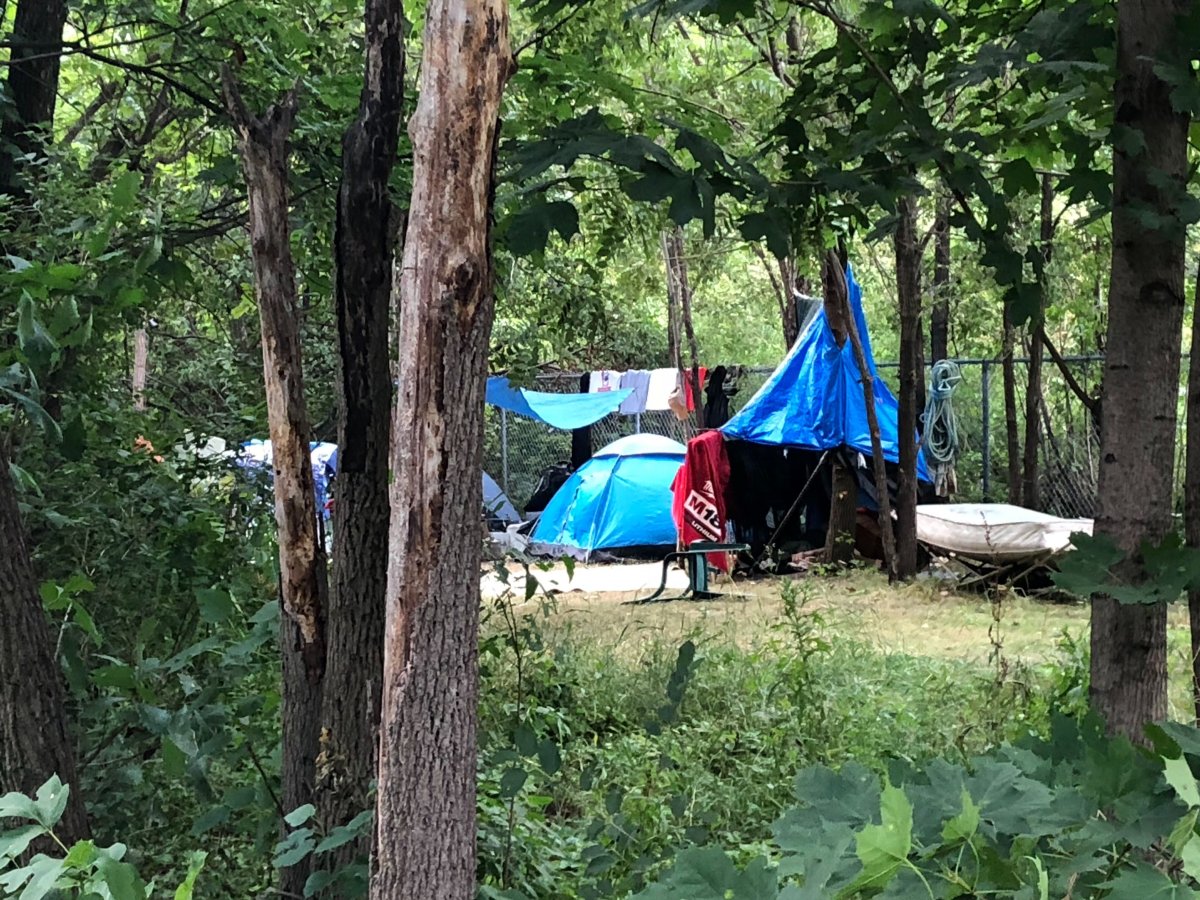Niagara Region’s current state of emergency for homelessness, mental health and addictions may be over soon with councillors set to decide whether they should pivot to a “state of crisis” instead.

St. Catharines councillor Laura Ip, one of those spearheading the change, says the current declaration under the Emergency Management and Civil Protection Act should be reserved for short-term events and not those without an end in sight.
“If we’re being completely frank … they’re never going to be zero,” said Ip.
“It is the provincial and federal levels of government … that have the funds and the policymaking tools to resolve these issues.”
The transition out of the declaration was recommended at a Niagara Region health and social services committee meeting July 11 with a majority of councillors agreeing the declarations are for temporary occurrences affecting community services.
“You pull together your emergency operations centre, they meet twice a month, and nothing has come of their … meetings because these are not issues we can resolve without the assistance of the provincial and federal levels of government,” IP explained.
Several southern Ontario municipalities have issued similar declarations in 2023, including Toronto, Hamilton, Peterborough and Fort Erie.
Niagara Region made the declaration in March after reporting some 657 suspected opioid overdoses in 2022 and just over 1,000 in 2021.
Hamilton’s declaration in April, via a unanimous 15-0 vote by councillors, was similar to Niagara Region’s and sought to get provincial attention and possibly funding.
The decision was based on some 1,600 people unhoused across the city and an opioid-related death rate 45 per cent greater in Hamilton compared with Ontario overall.
Recent federal investments for the three issues include some $37 million in the 2023 budget for substance abuse, including $25 million earmarked for Ontario.
About $2.5 billion over 10 years has been put into mental health and another $4 billion over seven years beginning in 2024-25.
Ontario is putting down some $425 million over three years to support mental health and addictions while some $200 million each year is going into homelessness and Indigenous housing support programs.
Niagara will get $20 million for its homelessness issues.
The recent emergency declarations have generally not spurred on any significant funding announcements beyond what the two highest levels of government have committed in their 2023 budgets.
Ip says the benefit of altering the emergency declaration is the elimination of administrative work by the Regional Emergency Operations Centre (REOC) “being done for absolutely no return.”
“It doesn’t mean that council thinks that these things are not important, I would argue that they’re the most important issues, ” she said.
“States of emergency are a different thing, and they were the wrong tool for these issues.”
Niagara’s council is set to meet Thursday and is expected to vote on the health and social services committee recommendation.






Comments